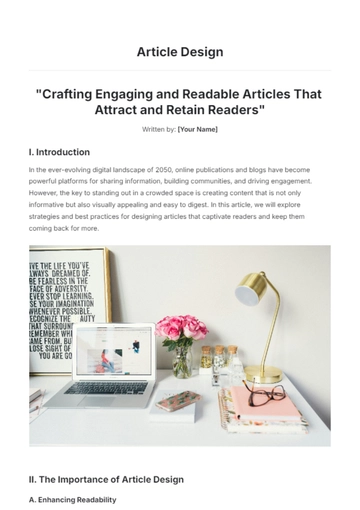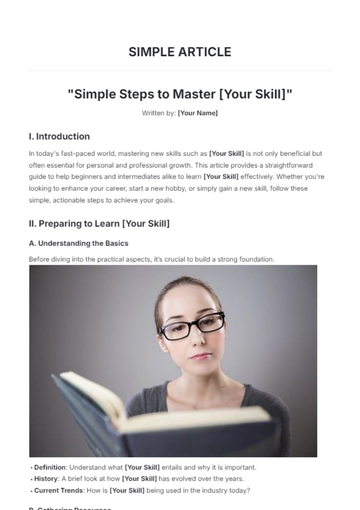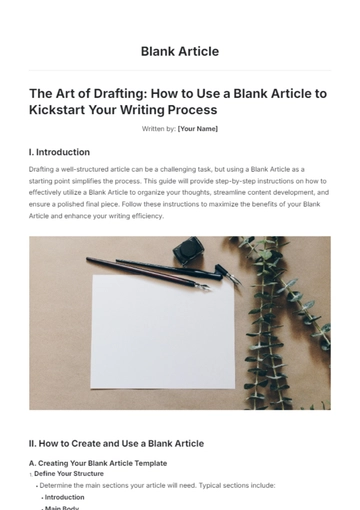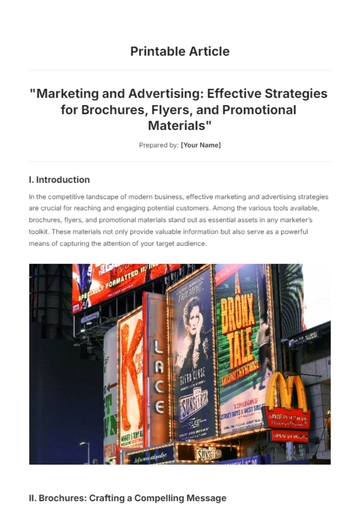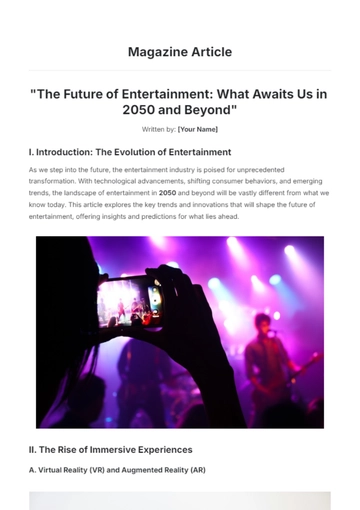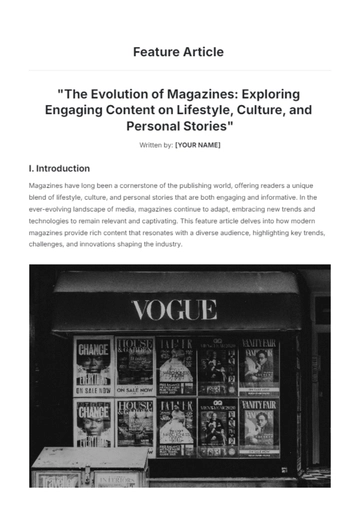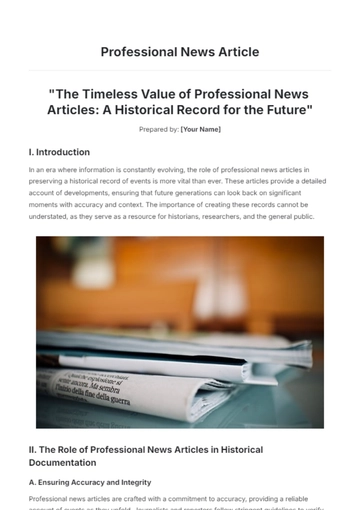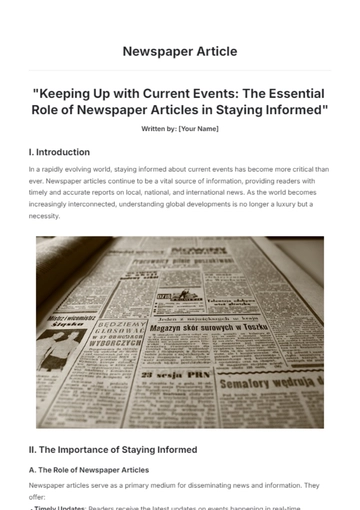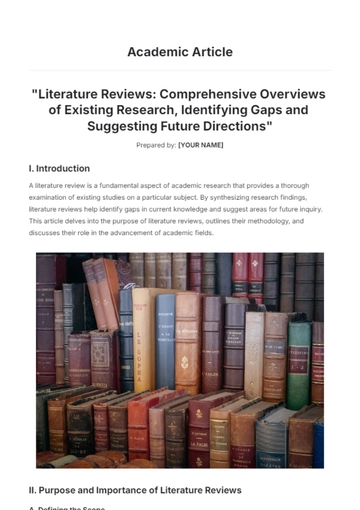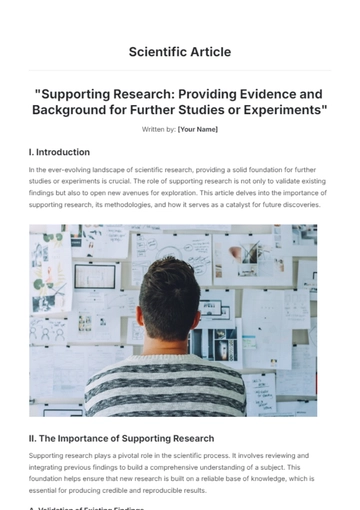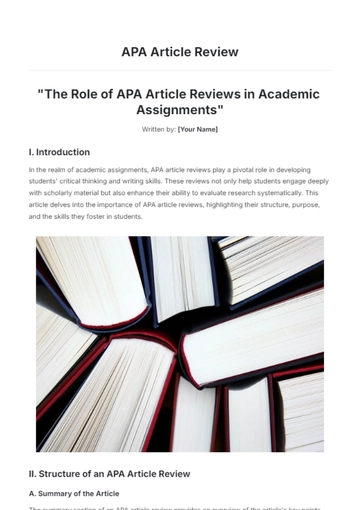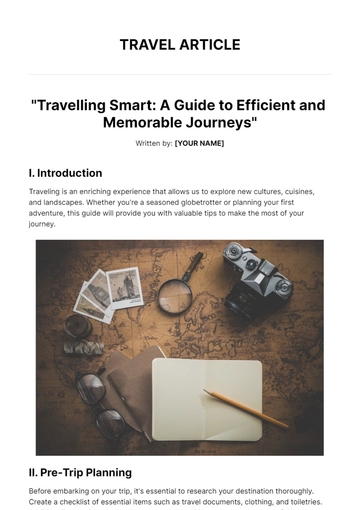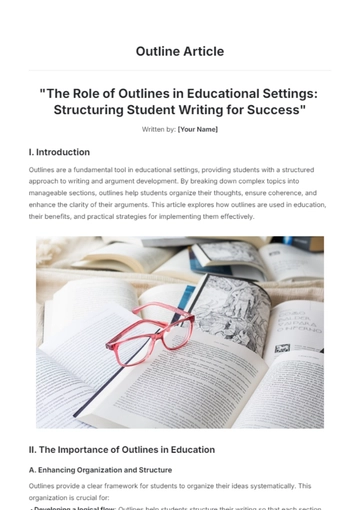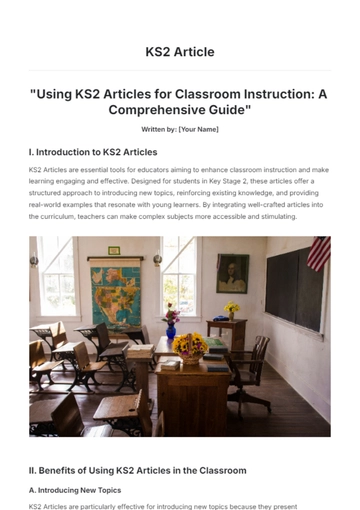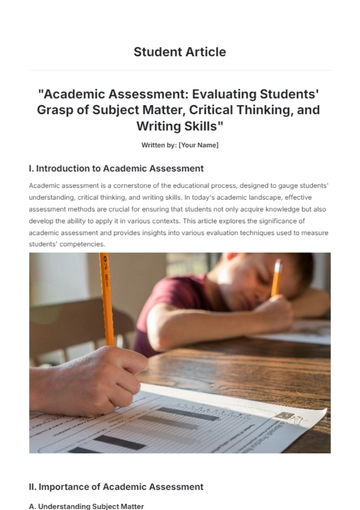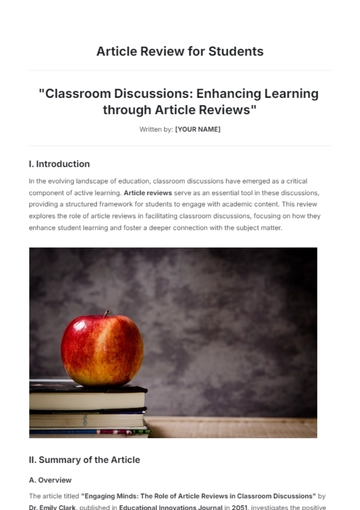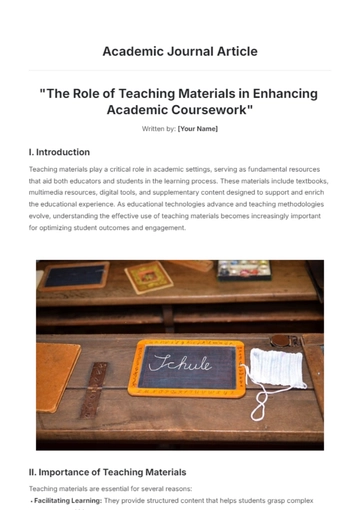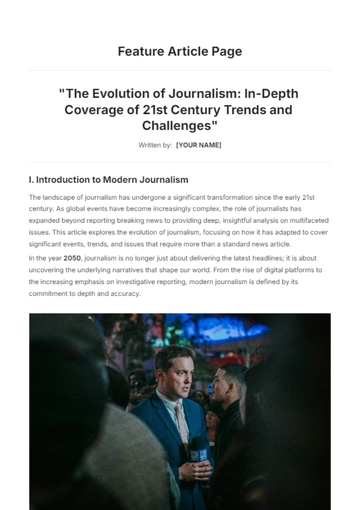Free Perfume Article
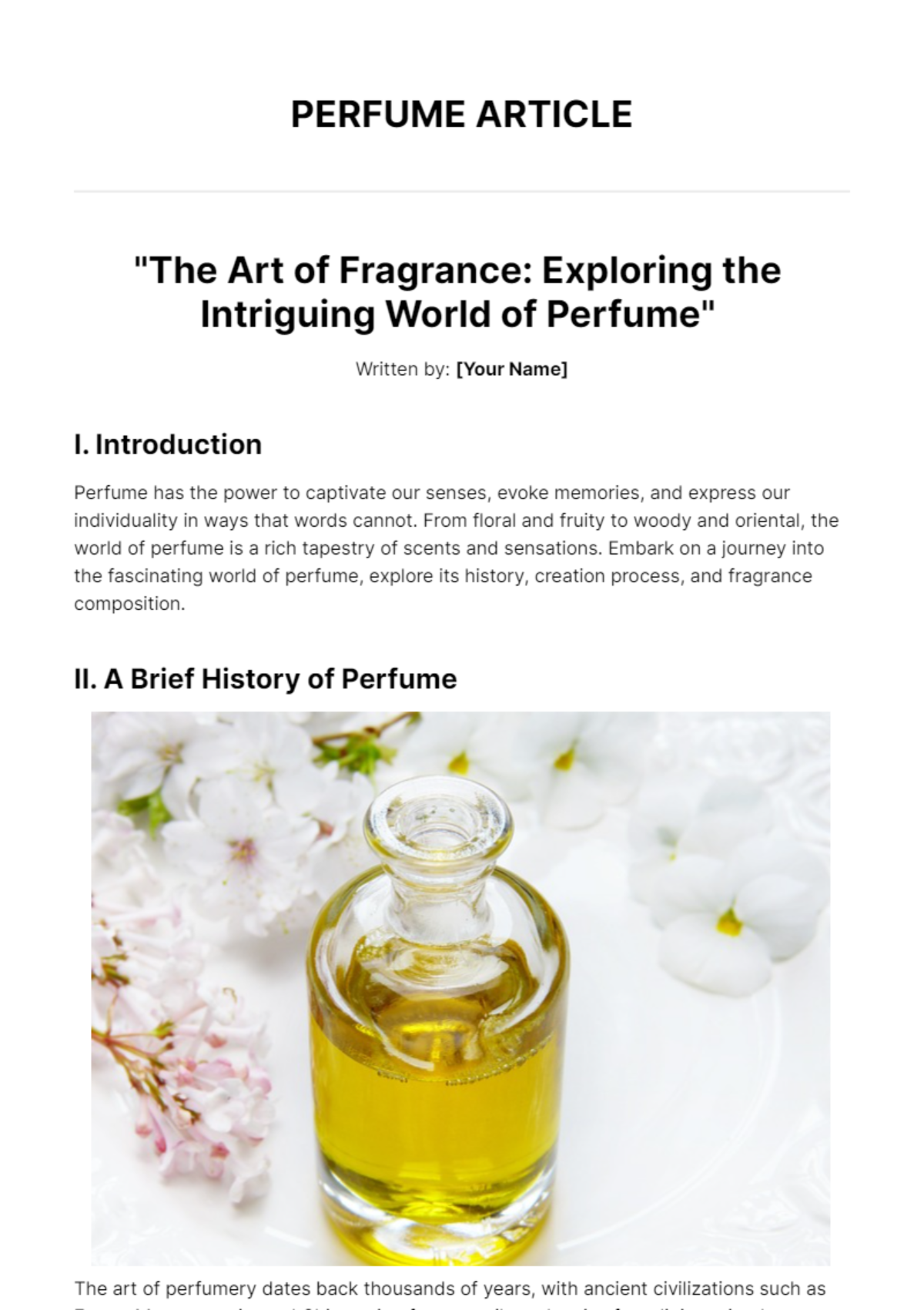
"The Art of Fragrance: Exploring the Intriguing World of Perfume"
Written by: [Your Name]
I. Introduction
Perfume has the power to captivate our senses, evoke memories, and express our individuality in ways that words cannot. From floral and fruity to woody and oriental, the world of perfume is a rich tapestry of scents and sensations. Embark on a journey into the fascinating world of perfume, explore its history, creation process, and fragrance composition.
II. A Brief History of Perfume

The art of perfumery dates back thousands of years, with ancient civilizations such as Egypt, Mesopotamia, and China using fragrant oils and resins for religious rituals, personal adornment, and medicinal purposes. Perfume as we know it today evolved during the Renaissance period in Europe, with the creation of alcohol-based fragrances using essential oils and aromatic compounds. Since then, perfume has become an integral part of human culture, evolving and adapting to changing tastes and trends.
III. The Creation Process
Crafting a perfume is a delicate and complex process that requires skill, creativity, and an understanding of chemistry. Perfumers, also known as "noses," carefully blend aromatic ingredients such as essential oils, absolutes, and synthetic compounds to create unique fragrance compositions.
These ingredients are combined in precise proportions and allowed to macerate and mature over time, resulting in a harmonious blend of top, middle, and base notes that unfold over hours or even days.
IV. Exploring Fragrance Families

Perfumes are categorized into different fragrance families based on their dominant scent characteristics. Floral fragrances, for example, feature notes of roses, jasmine, and lilies, evoking the freshness and beauty of blooming flowers.
Fruity fragrances are characterized by vibrant and juicy notes of citrus, berries, and tropical fruits, while woody fragrances feature warm and earthy notes of sandalwood, cedarwood, and patchouli. Other fragrance families include oriental, aromatic, and aquatic, each offering a distinct olfactory experience.
V. Choosing the Perfect Perfume
Selecting the perfect perfume is a highly personal and subjective experience that depends on individual preferences, body chemistry, and occasion. When choosing a perfume, consider factors such as scent intensity, longevity, and the mood or impression you wish to convey. Test different fragrances on your skin and allow them to develop over time to fully experience their nuances and complexities. Don't be afraid to experiment with different fragrance families and explore new scents that resonate with your unique personality and style.
VI. Conclusion
In conclusion, perfume is much more than just a fragrance – it is an art form that captivates our senses, evokes emotions, and expresses our individuality. Whether floral and feminine, woody and masculine, or citrusy and fresh, perfume has the power to transport us to distant memories, evoke emotions, and enhance our everyday experiences.
By exploring the diverse world of perfume, learning about its history, creation process, and fragrance families, we can deepen our appreciation for this timeless and enchanting art form.
- 100% Customizable, free editor
- Access 1 Million+ Templates, photo’s & graphics
- Download or share as a template
- Click and replace photos, graphics, text, backgrounds
- Resize, crop, AI write & more
- Access advanced editor
Indulge in the essence of luxury with our Perfume Article Template, exclusively from Template.net. Downloadable and customizable, it's your passport to exploring the world of fragrances. Whether you're dissecting scent profiles or reviewing new releases, this template captures the allure of perfumery. With print-ready designs and integration with our AI Editor Tool, crafting aromatic articles has never been more enchanting.

